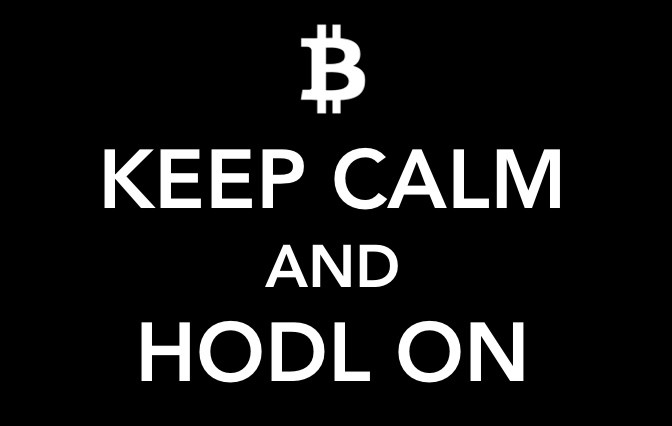The technological revolution has been slow to arrive in finance, but it is surely coming.
The financial industry today looks stable and boring, with a few megabanks ever-more entrenched and markets that may not offer the same risks and rewards as before the 2008-2009 financial crisis but which remain highly profitable for incumbents. That stasis, however, masks looming challenges to the sclerotic incumbents. Two such challenges were much in evidence this past week: Bitcoin and China. The gaining momentum of digital currencies and the Chinese reinvention of a financial system led not by traditional banks but by technology companies are potent signs that Western financial architecture of the 20th century may not long survive the 21st.
The price of Bitcoin has been on tear for months, and the pace of gains has accelerated in the past weeks, reaching $6,000 on Friday. That’s sparked a new round of criticism from financial luminaries. Jamie Dimon, CEO of JP Morgan Chase, called Bitcoin a “fraud” and said that he would fire anyone who traded it for being “stupid.” After some pointed out that Chase is actively pursuing blockchain solutions and digital payments akin to Bitcoin, Dimon said he was done talking about it, only to repeat his critique a few days later. Larry Fink, CEO of Blackrock, called Bitcoin “an index of money laundering.” Global investment bank UBS just issued a lengthy report on the digital currency “bubble,” warning that Bitcoin is unlikely to become a bona-fide currency: “A constant theme of bubbles is the ability of speculators to shout that dreaded cry ‘this time it’s different.’…Logical arguments against the bubble can then be disregarded as speculators declare that the doubters simply do not understand that the world has changed. The problem with this theory is that the world never changes that much.”
Source/More: Captains of Finance Dismiss Bitcoin at Their Peril | WIRED

















